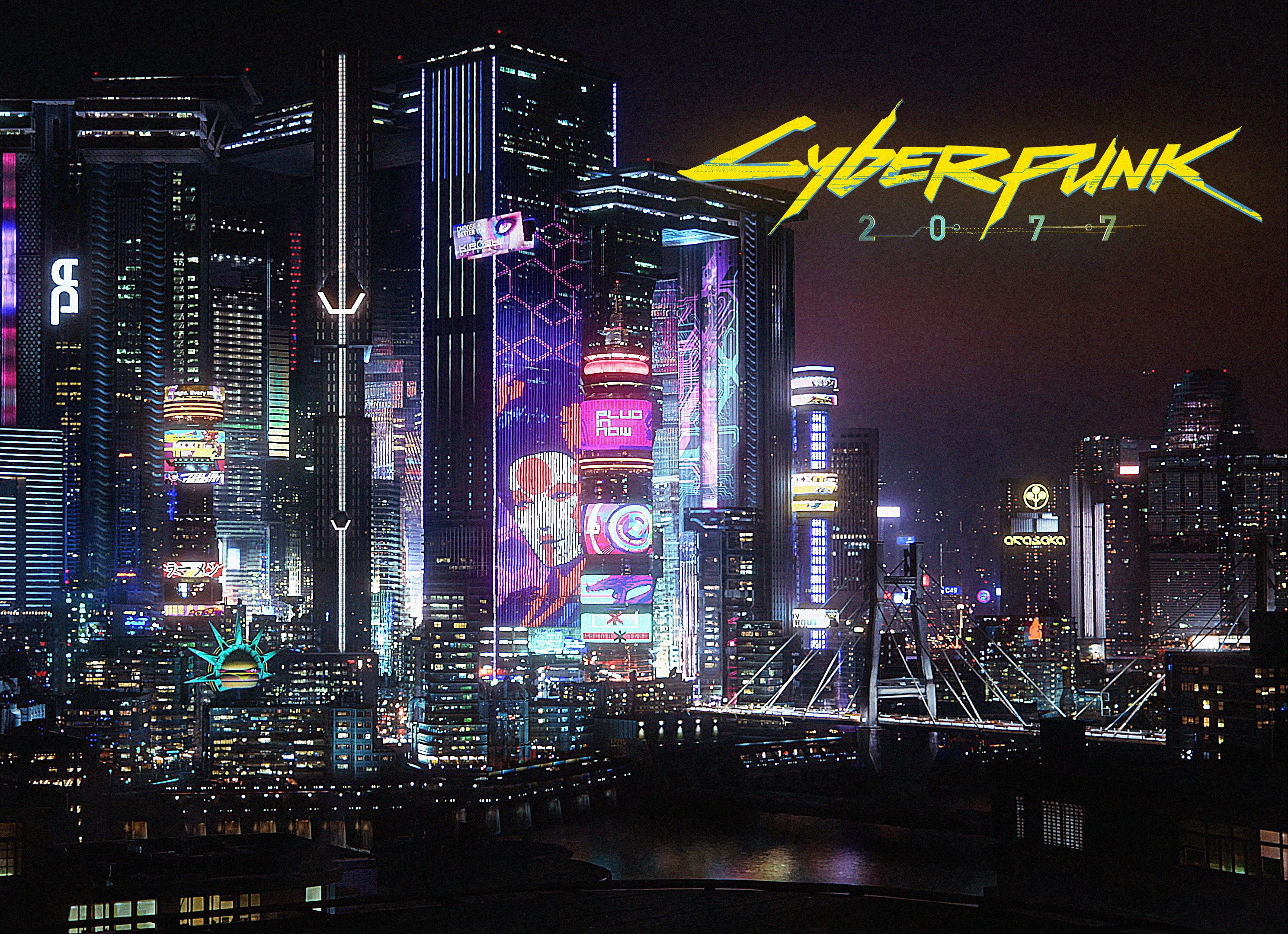Half-Life 2: Episode Two Score: Cliffhanger Impact
By [Your Name]
Few games have left as lasting an impression as Half-Life 2: Episode Two. Released in 2007 as the second installment in Valve’s episodic continuation of Half-Life 2, it expanded the narrative, deepened character relationships, and—most infamously—ended on a devastating cliffhanger. Yet, beyond its storytelling and gameplay, one of the most underappreciated aspects of Episode Two is its musical score. Composed by Kelly Bailey and performed by the City of Prague Philharmonic Orchestra, the soundtrack not only enhances the game’s emotional weight but also plays a crucial role in amplifying the impact of its unresolved ending.
The Role of Music in Half-Life 2’s Episodic Structure
Unlike traditional sequels, Half-Life 2: Episode One and Episode Two were designed as shorter, more focused experiences, released in quick succession (or so Valve intended). This episodic format demanded a tighter narrative structure, with each installment building toward a climax while leaving players eager for the next. Music was essential in reinforcing these emotional beats.
Episode Two’s score is noticeably more dynamic than its predecessors. While Half-Life 2 and Episode One relied heavily on ambient, industrial tones to reflect the dystopian setting, Episode Two introduces sweeping orchestral pieces, particularly in key moments involving Alyx Vance and the G-Man. The shift in musical style mirrors the game’s shift toward more personal stakes—no longer just about survival, but about hope, sacrifice, and impending doom.
The Emotional Core: "Vortal Combat" and "Dark Energy"
Two tracks stand out in Episode Two’s score: "Vortal Combat" and "Dark Energy."
- "Vortal Combat" plays during the game’s most intense battle sequences, blending fast-paced strings with electronic undertones. It captures the desperation of fighting against overwhelming odds, reinforcing the idea that the Resistance is barely holding on.
- "Dark Energy," on the other hand, is a haunting, melancholic piece that underscores the game’s quieter, more reflective moments. It plays prominently during Eli Vance’s discussions about the Borealis and the G-Man’s cryptic appearances, foreshadowing tragedy.
These tracks work in tandem to create a sense of urgency and inevitability. Even before the final moments, the music primes players for an emotional blow.
The Cliffhanger: How Music Amplifies the Ending
Episode Two’s ending is one of gaming’s most infamous unresolved moments. After a grueling battle to deliver crucial data to the Resistance, Eli Vance is killed by an Advisor, Alyx is left screaming in grief, and the screen cuts to black with the G-Man’s enigmatic presence lingering.
What makes this cliffhanger so powerful is the absence of music in the final seconds. After a crescendo of tension—driven by the score—the sudden silence is deafening. The lack of resolution in the soundtrack mirrors the lack of resolution in the story. Players are left with nothing but raw emotion, no musical cue to soften the blow.
Had Valve used a dramatic, sorrowful track in those final moments, the impact might have felt manipulative. Instead, the silence forces players to sit with the shock, making the cliffhanger even more agonizing.

The Legacy of an Unfinished Score
Fifteen years later, Half-Life 2: Episode Two’s cliffhanger remains unresolved, and its score is a big reason why the ending still stings. The music doesn’t just accompany the story—it shapes how players feel about it. The absence of a triumphant or even mournful finale track leaves the experience feeling incomplete, which, intentionally or not, makes the wait for Episode Three (or Half-Life 3) all the more painful.
In retrospect, Episode Two’s score was the perfect setup for a continuation that never came. Its mix of hope, tension, and abrupt silence ensures that, even after all these years, players haven’t forgotten—and may never forgive Valve for leaving them hanging.
Conclusion
Music in Half-Life 2: Episode Two is more than background noise—it’s a narrative device that heightens every emotional beat, especially the devastating cliffhanger. By knowing when to swell with orchestral force and when to retreat into silence, Kelly Bailey’s score ensures that the game’s ending isn’t just shocking but unforgettable.
And until Valve decides to continue Gordon Freeman’s story, that silence will continue to echo.














